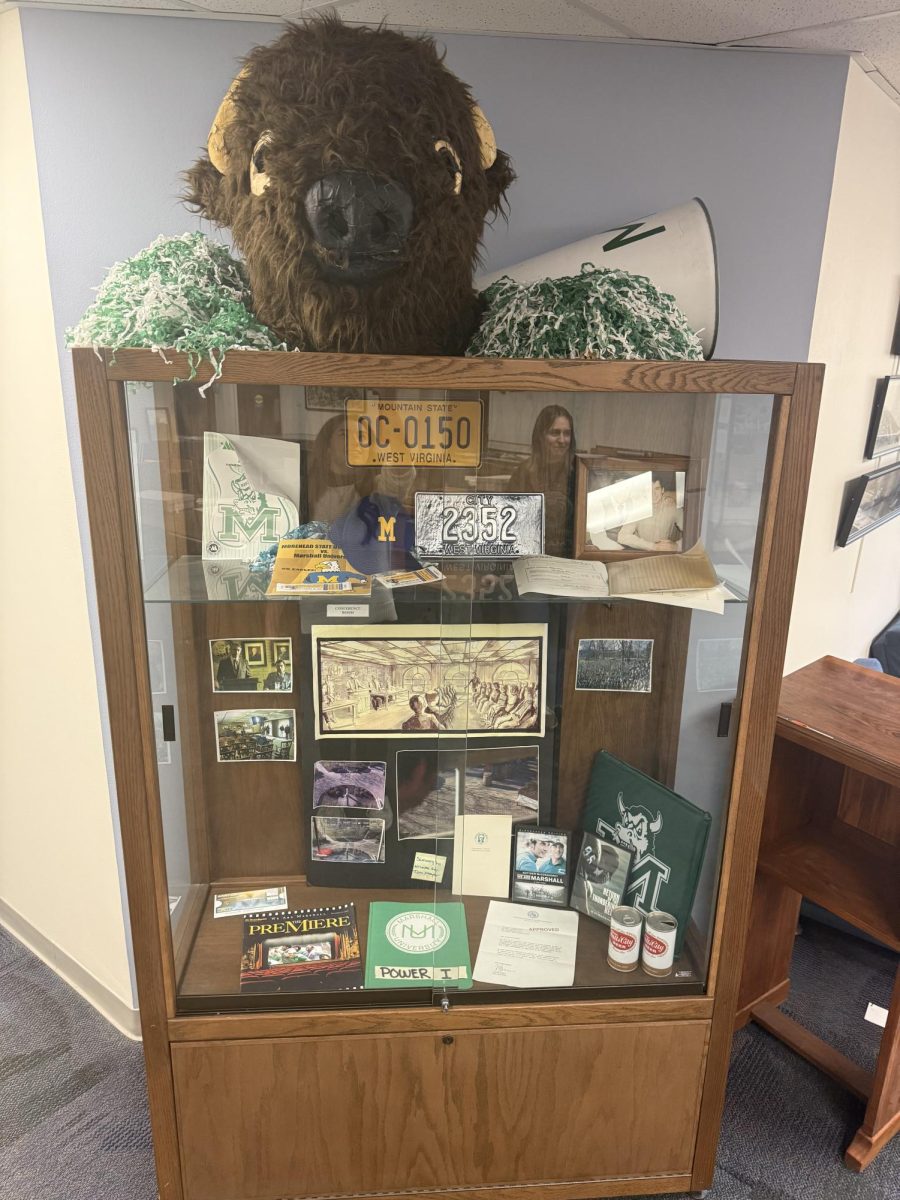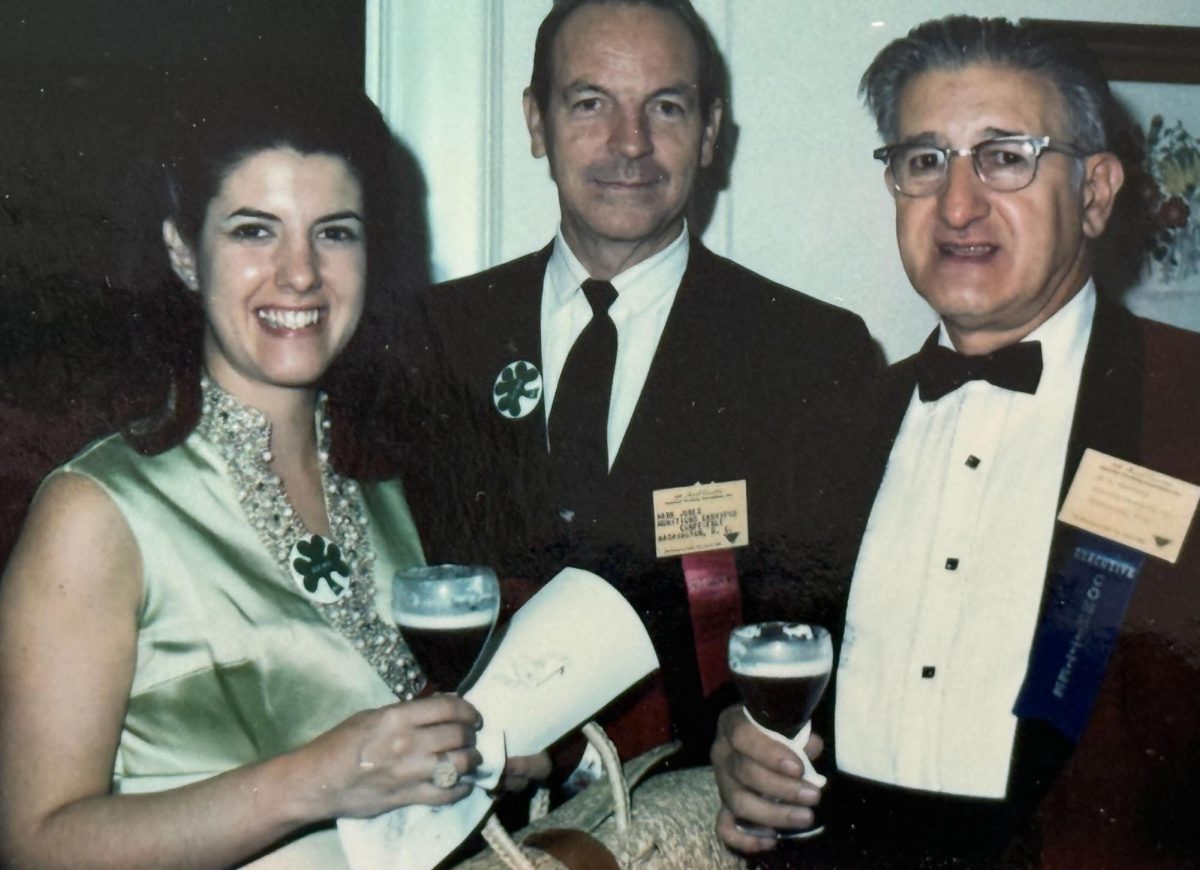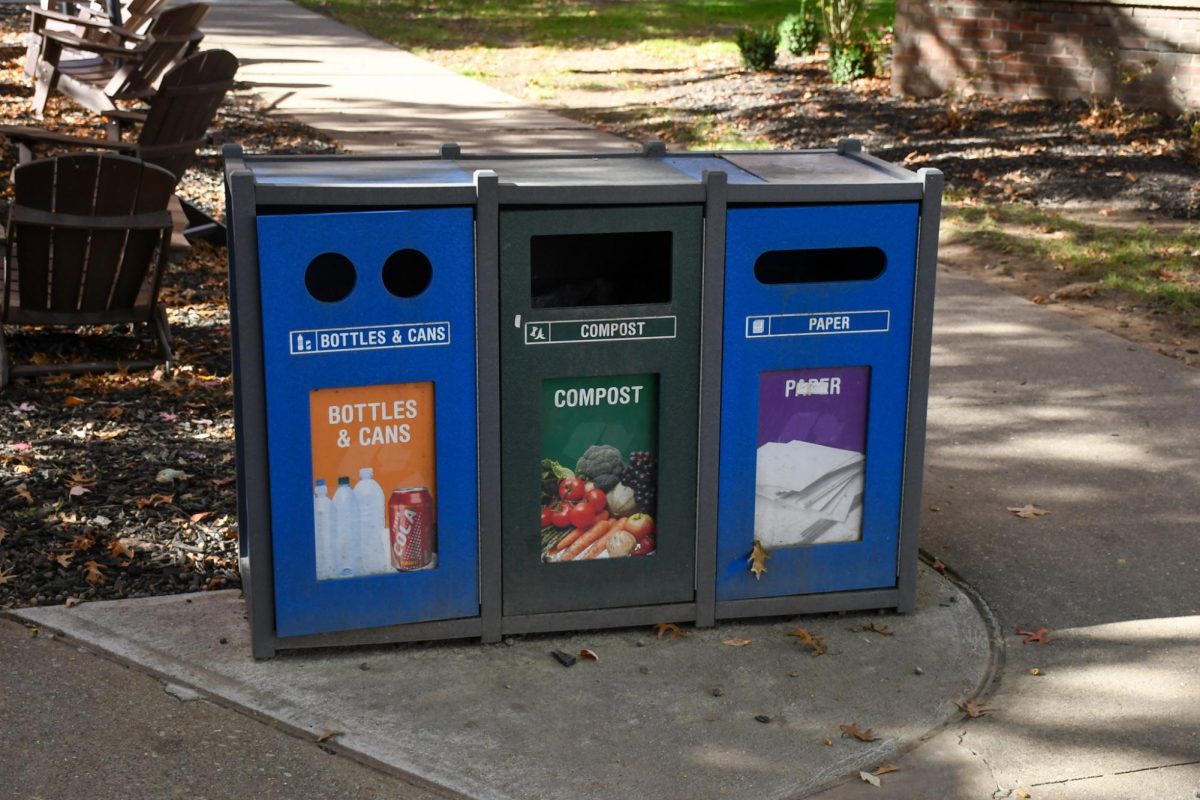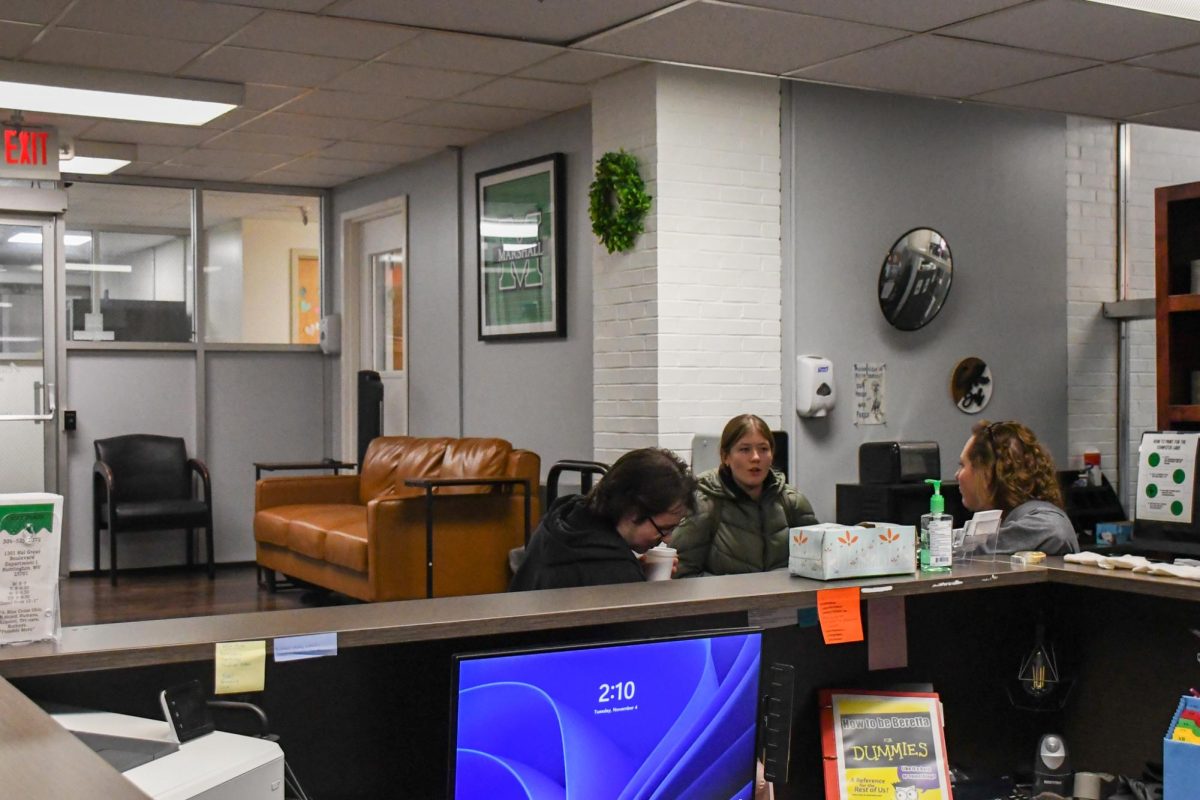Though many students look forward to summer, this time of the year may also be a season of mental health struggles for others.
Amy Kennedy-Rickman, director of the Marshall University Counseling Center, said isolation, anxiety and financial stress are just some of the challenges students may face outside of the classroom.
“Obviously, loneliness or isolation – they’re leaving the friends and support groups that they’ve created here within the campus community,” Kennedy-Rickman said. “There’s some anxiety about the future, worrying about classes coming up. There’s also money, whether they’re getting into internships, having to locate a new job or just general academic performance. I don’t think that worry stops just because it’s summertime.”
Loss of structure and readjusting to potential family stressors may also affect students when they go home over the summer, Kennedy-Rickman said.
“Loss of structure can be a problem because they’re in a routine here, then they go home for the summer and maybe don’t have that,” Kennedy-Rickman said. “There’s also family stressors, so students are coming here, getting away from that family unit, kind of getting some independence. Then they’re going back home, probably to stay at mom and dad’s – or mom or dad, whatever that looks like – so trying to readjust to that and maintain their independence.”
Kennedy-Rickman said key strategies for handling these challenges include reconnecting with familiar faces and taking care of yourself.
“I think one big thing is reconnecting with people that are back home, the friend groups and things that they left. Also, prioritizing rest and not going all crazy during the summer with staying out late all night and maybe partying,” Kennedy-Rickman said. “Some time to recover and catch up on sleep, practice self-care.”
Students should use the free time that comes with summer to try new things or enjoy their hobbies, and if possible, go on trips or vacations, Kennedy-Rickman said.
“Continuing to engage in activities that the students like or relax them,” Kennedy-Rickman said. “Maybe read a book that is not an academic book, you know what I’m saying? Nobody is reading the latest novel by whoever while they’re doing school work. Vacationing, going to the beach or the mountains, whatever people want to do, trying new hobbies and finding new interests.”
The Counseling Center also continues to provide services to in-state students during the summer and will assist out-of-state students with finding resources.
“If they’re in on our services and they live within the state of West Virginia, we continue those services. If they live out of state, we can help them find local resources, so if they participate in mental counseling, psychiatric services, maintaining that over the summer is obviously vital.”
She said it is essential to maintain a daily routine to help with mood regulation and to be prepared for returning to campus in the fall so students do not have to readjust to having a schedule when classes begin.
“I think trying to keep a simple daily routine – still going to bed at a certain time, waking up at a certain time, trying to stay on schedule with eating meals – keeping some kind of routine that’s going to help with mood regulation and reduce anxiety,” Kennedy-Rickman said. “Try to keep some semblance of a schedule. Don’t sleep until 3 p.m. every day. That will hit you hard when you get back to campus.”
Even if students do not realize it while they’re having fun over the summer, falling out of a routine can cause issues with one’s mood, she said.
“Getting out of your routine can cause mood dysregulation, so it can cause a lowered mood, even if you think you’re having fun and catching up on sleep,” Kennedy-Rickman said. “It can still cause an imbalance in your mood regulation and you don’t want to be dealing with that. It’s important to try to keep some, even if it’s a loose routine, sense of routine.”
To avoid feelings of isolation or loneliness over the summer, Kennedy-Rickman said students should do what they can to stay in touch with their campus community while also trying to be involved with their local communities.
“I think it’s probably a little easier for this generation to stay in touch than when I was in college with all the social media, video chats, phone calls, even meeting up with people in person,” Kennedy-Rickman said. “Joining online groups, getting involved with volunteer work or actual work, coming up with a summer project to keep yourself involved in.”
Ashton Pack can be contacted at pack173@marshall.edu.




















